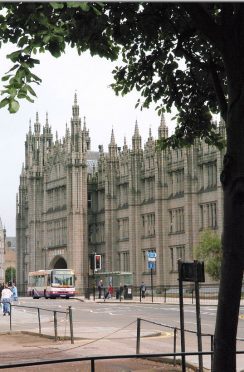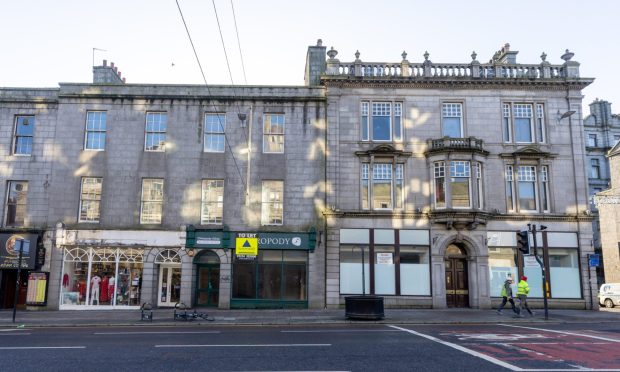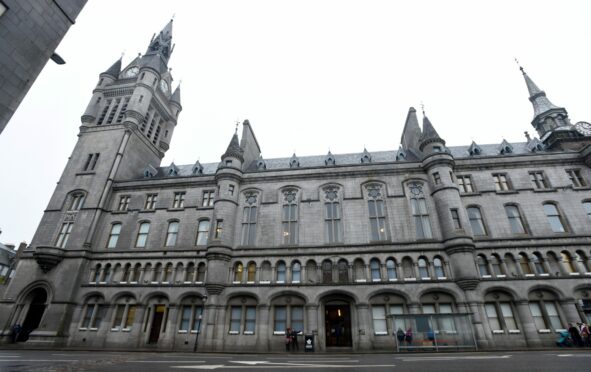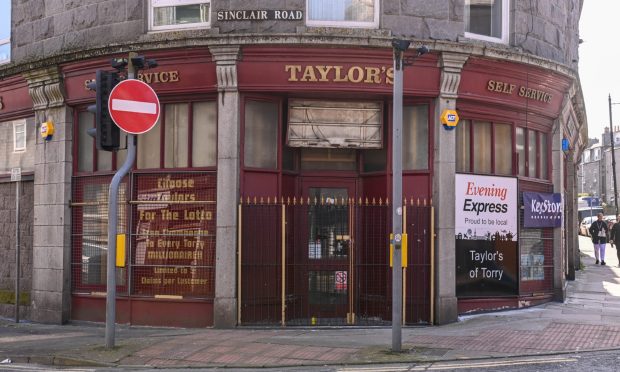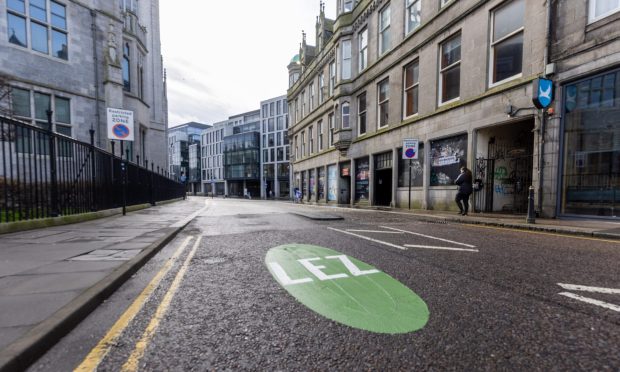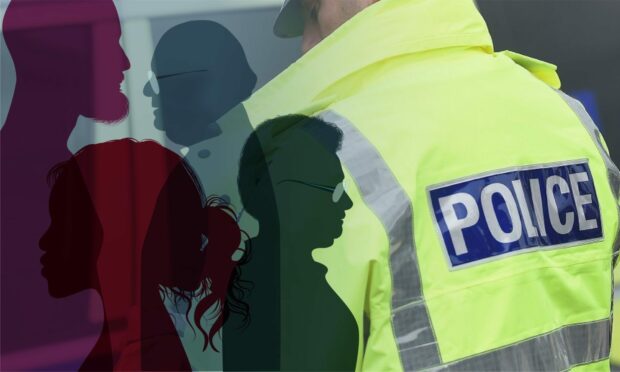Staff at an Aberdeen City Council department are taking more than double the national average of sick days.
A report to be presented to members next Thursday has highlighted that workers in communities, housing and infrastructure are off around 14.9 days a year on average compared to the UK average of 6.9.
The next most sickly employees at Marischal College are adult services staff on 11.9 days a year, followed by personnel at the office of the chief executive on 10.3, education and children’s service staff on 7.7 and adult services on 6.5.
The report added that a total of 129 of the council’s 8,000 staff were on long term sick leave as of January, including 66 from housing and infrastructure.
Psychological reasons were the most common for being off on a long-term basis, but the report said the local authority was slowly reducing absence rates.
It stated: “The sickness absence levels for Aberdeen City Council have decreased by 0.2 average days lost per employee in the last reporting period and are now 10.2 average days lost per employee.
“The drop in long-term absence has not been mirrored by a reduction in short-term absence and it is for this reason that absence levels have not reduced further.
“The focus has been on long-term sickness and it is now important that initiatives are introduced to target short-term sickness.”
Last night opposition Liberal Democrat leader councillor Ian Yuill, who sits on the committee, was frustrated by the report’s findings.
He said: “Clearly, it is disappointing that the levels of absence are higher than other similar organisations.
“It is important that the council finds the right support for staff who are unwell to enable them to return to work.
“It is concerning to see psychological reasons, that are sure to include workplace stress, being cited as such an influential factor in people being off long term.”
But committee vice-convener Ross Thomson retorted that the figures had been “historically miscalculated”.
He added: “There is clearly an issue that needs to be addressed and I am encouraged we are making progress.”
